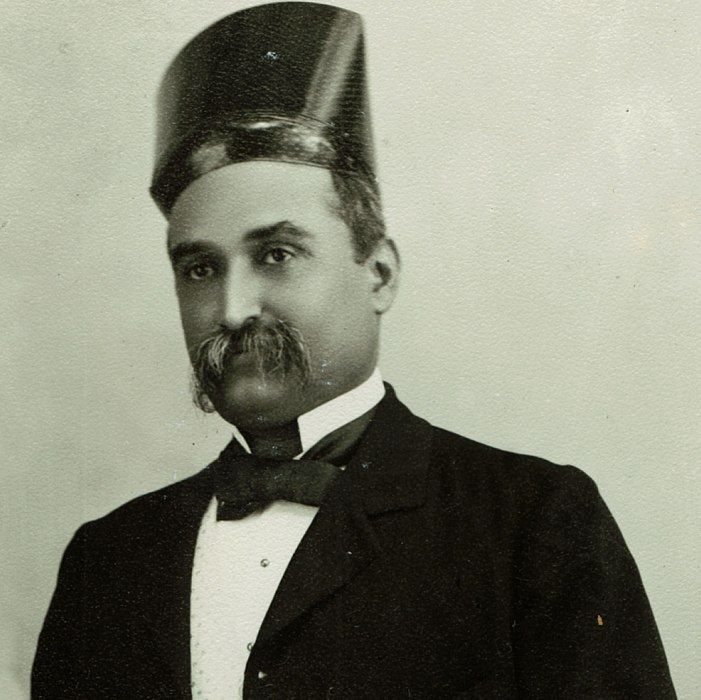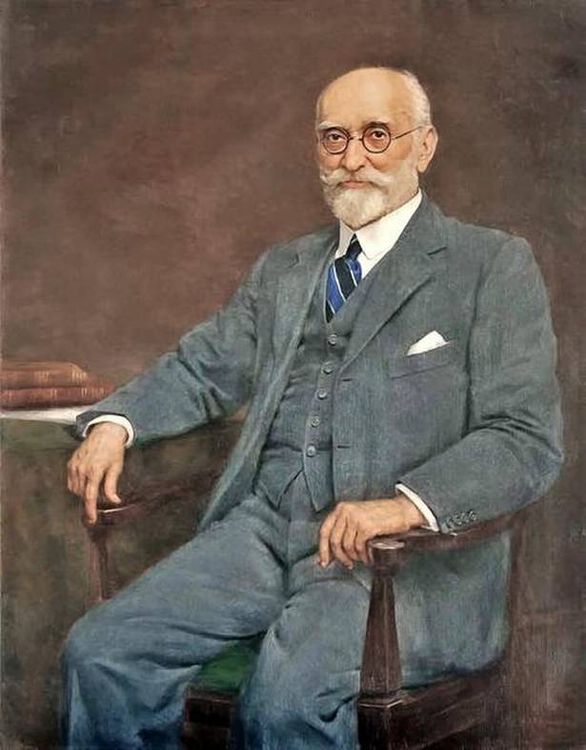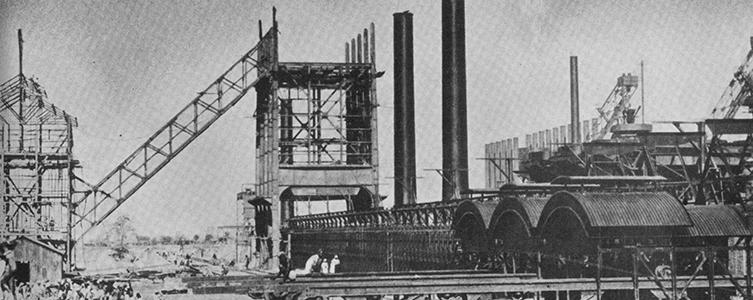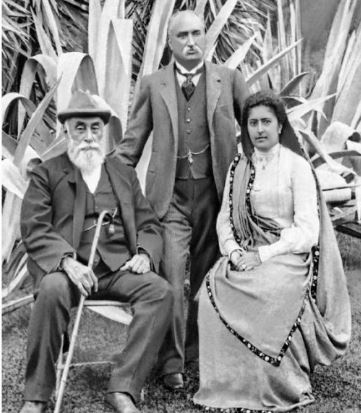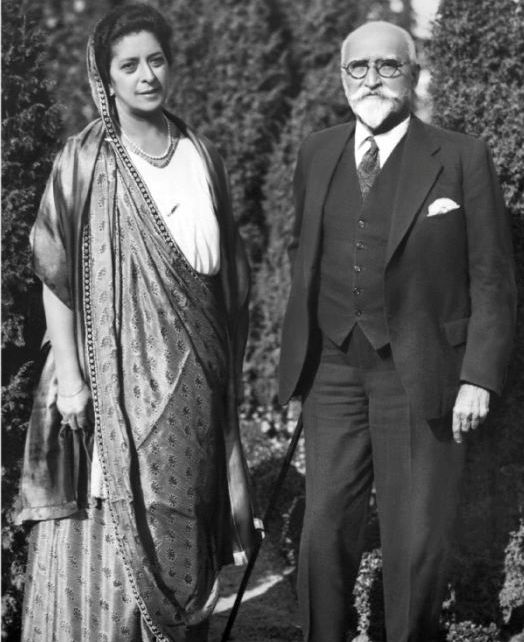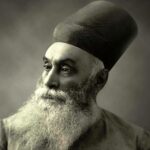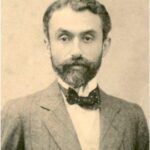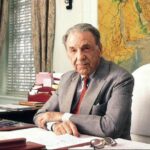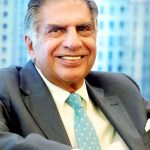Dorabji Tata Age, Death, Caste, Wife, Children, Family, Biography & More
Quick Info→
Father: Jamsetji Tata
Death Date: 03/06/1932
Wife: Meherbai Bhabha
| Bio/Wiki | |
|---|---|
| Profession(s) | • Businessman • Industrialist • Philanthropist |
| Career | |
| Founded | • Tata Power • New India Assurance |
| Honours | He was knighted for his contribution to Industrialisation in British India by King Edward VII. |
| Personal Life | |
| Date of Birth | 27 August 1859 (Saturday) |
| Birthplace | Bombay (now Mumbai) |
| Date of Death | 3 June 1932 |
| Place of Death | Bad Kissingen, Germany |
| Age (at the time of death) | 72 Years |
| Burial Site | Brookwood Cemetery in Woking, England |
| Zodiac sign | Virgo |
| Nationality | Indian |
| Hometown | Bombay |
| School | Proprietary High School, Bombay |
| College/University | • Gonville and Caius College, Cambridge • St Xavier’s College, Bombay |
| Educational Qualification | Bachelor of Arts [1]Tata |
| Ethnicity | Parsi |
| Marital Status | Married |
| Marriage Date | 14 February 1989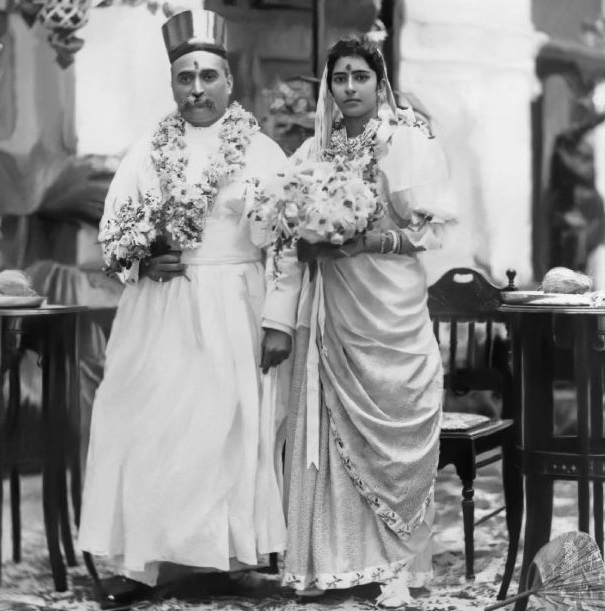 |
| Family | |
| Wife/Spouse | Meherbai Bhabha |
| Parents | Father- Jamsetji Tata (businessman, Founder of Tata Group) Mother- Hirabai Tata 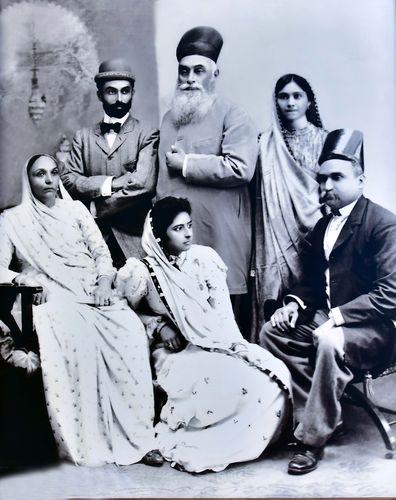 |
| Siblings | Brother- Ratanji Tata (businessman) |
| Family Tree | 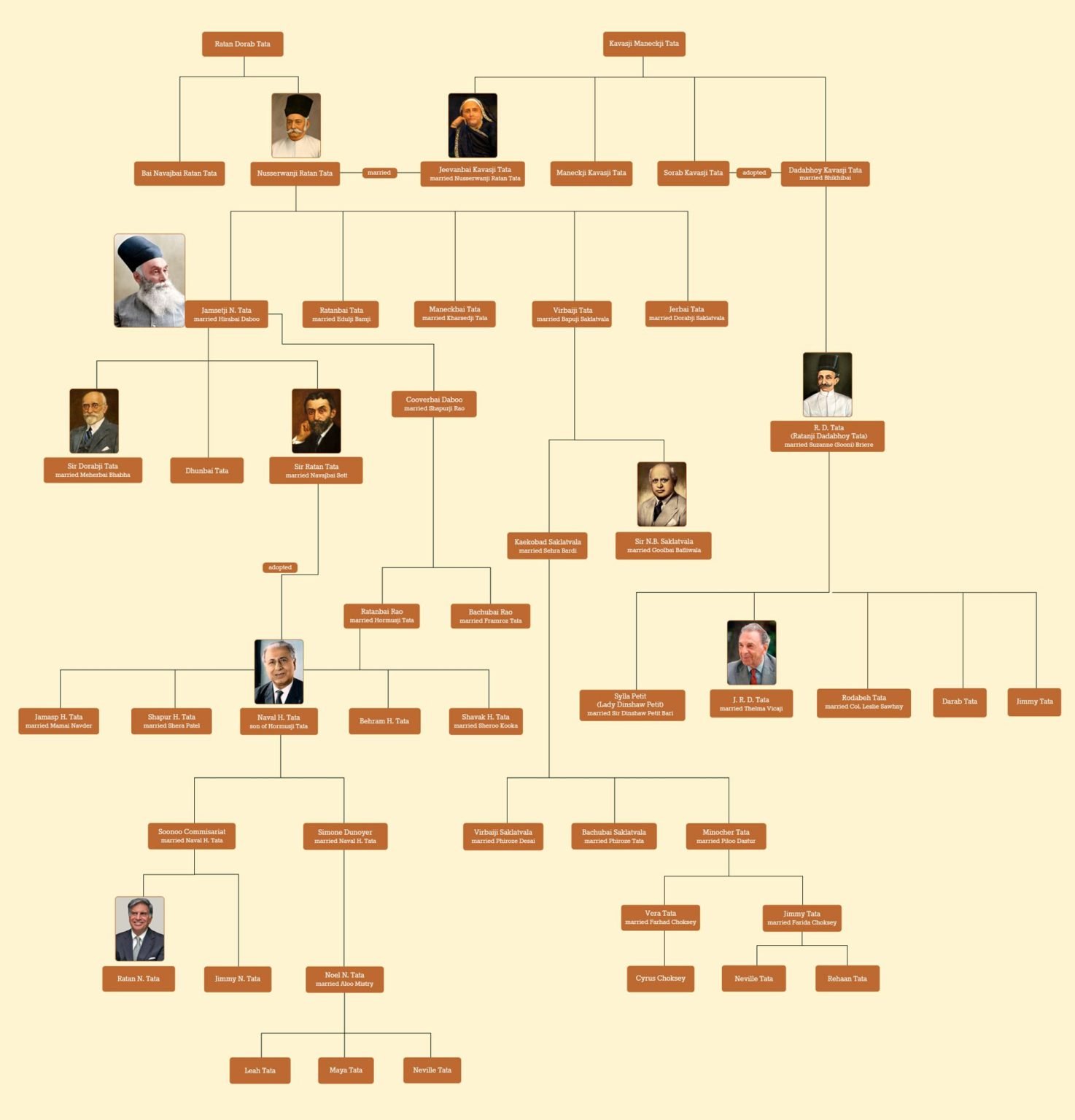 Note: To know more about the Tata family, read our Tata Family Tree post. |
Some Lesser Known Facts About Dorabji Tata
- Dorabji Tata was a renowned Indian businessman, industrialist, and philanthropist. He was a pioneering businessman, sports enthusiast, and industrialist knighted for bringing industrial developments to British India. He was the Indian businessman who established the first steel plant in India and the first hydroelectricity station in the Western Ghats.
- Dorabji Tata was the eldest son of his parents and had two siblings, Ratanji Tata and Dhunbai Tata. [2]Tata Central Archives
- He gained his early education at the Proprietary High School, Bombay. In 1875, his parents sent him to Kent, England to study under a private tutor. He studied with the tutor for two years and then went to Gonville and Caius College, Cambridge in 1877. [3]Tata
- He was a sports lover since his college days. He even won honours for cricket and football when studying in England. He was a skilled horseman, expert rower, and a good tennis player in college. In 1879, he returned to Bombay, where he attended St. Xavier’s College and graduated with a bachelor’s degree in arts in 1882.
- His father, Jamsetji, encouraged him to gain hands-on experience in journalism. Dorabji agreed with his father’s decision and worked as a journalist at the Bombay Gazette’s newspaper. [4]Tata Steel 100 Later, he was given the opportunity to set up a textile project in Pondicherry by his father. After setting up this venture, he was sent to handle the operations of Express Mills in Nagpur. After the death of Jamsetji Tata in 1904, Dorabji, along with his younger brother, Ratanji Tata, took the responsibility of realizing their father’s dreams, which were:
-
- Setting up a Steel Plant
- Setting up a high-end education institute in India
- Commencing a hydroelectric plant
-
- He established the Tata Iron and Steel Company Limited (TISCO) in 1907, which is now known as Tata Steel. He was a man who paid attention to every minute detail of his work. This was the reason why he went along with his scientists and researchers to mineral fields to discover iron and left no area untouched.
- During the First World War, TISCO supplied about 290,000 tons of steel to Britain, and to show appreciation for this work, the British government renamed Sakchi to Jamshedpur. [5]Tata Steel
- TISCO faced a major business crisis after the First World War, and the situation became so critical that the company did not have enough money to pay workers’ wages. During that time Dorabji stood the test of time and kept all his wealth at stake to take a loan of Rs. 1 Crore. With this loan money and support from Jawaharlal Nehru and Muhammad Ali Jinnah, TISCO survived the crisis.
- He was 38 years old when he got married to Meherbai Bhabha, the daughter of HJ Bhabha who was an inspector general of education, Mysore state. His wife was chosen by his father, Jamsetji, and they were a happily married couple. However, they had no children.
- In 1904, at the time of Jamsetji’s death, Tata Sons had three textile mills and a hotel (Taj Mahal Palace Hotel) in Bombay. Under Dorabji’s leadership, the company diversified into multiple business units. These successful entities included the largest industrial unit of British India, TISCO. Other successful ventures included two cement companies, three electric power companies, an aviation unit, one large edible oil, and soap company, and a leading insurance company. [6]Tata
- Dorabji Tata once talked about his father and said,
To my father, the acquisition of wealth was only a secondary object in life; it was always subordinate to the constant desire in his heart to improve the industrial and intellectual condition of the people of this country…Kind fate has…permitted me to help in bringing to completion, his inestimable legacy of service to the country.” [7]Tata Steel
- He supplied hydroelectric power to Bombay in 1910, which was years before the concept of clean and cheap energy was introduced to Bombay. [8]Penguin
- He was a great philanthropist just like his father and came up with a series of policies to benefit his workers. These included 8-hour workday, accident compensation, maternity compensation, provident fund, and free medical aid. He graciously donated to disaster relief, education, learning and research, and other philanthropical works. He also made a contribution to the Oriental Research Institute and the University of Cambridge to install a chair for the study of Sanskrit. Being a sports lover, he also financed four athletes and two wrestlers in Antwerp Olympics in 1920. He made a big contribution to the Indian Olympic Movement and the Indian Olympic Council after becoming the president of the Indian Olympic Council. At the time of the Paris Olympics in 1924, he financed the Indian players who participated in the event.
- Dorabji’s wife, Meharbai, died due to leukaemia in 1931. After her death, Dorabji founded Lady Tata Memorial Trust for researching about blood diseases. [9]Tata Steel 100
He invested a hefty amount of his wealth in this trust, and later, this trust was named as Sir Dorabji Tata Trust. He also offered to fund India’s scientific and engineering research institution known as the Indian Institue of Science, Bangalore.
- Dorabji Tata died on 3 June 1932, in Bad Kissingen, Germany, and was buried next to his wife at the Brookwood Cemetery in Woking, England. [10]Tata Steel 100
References/Sources:

